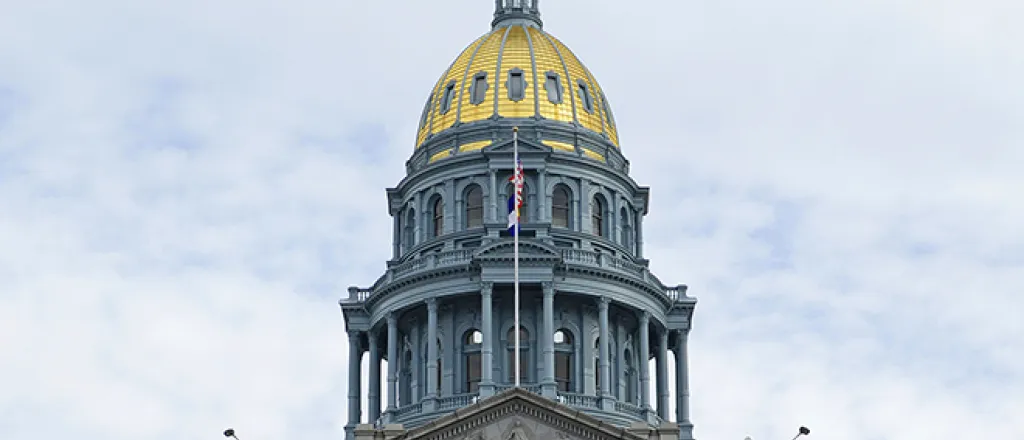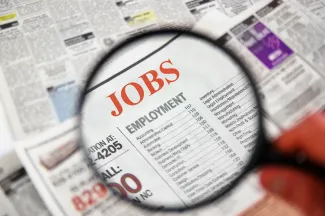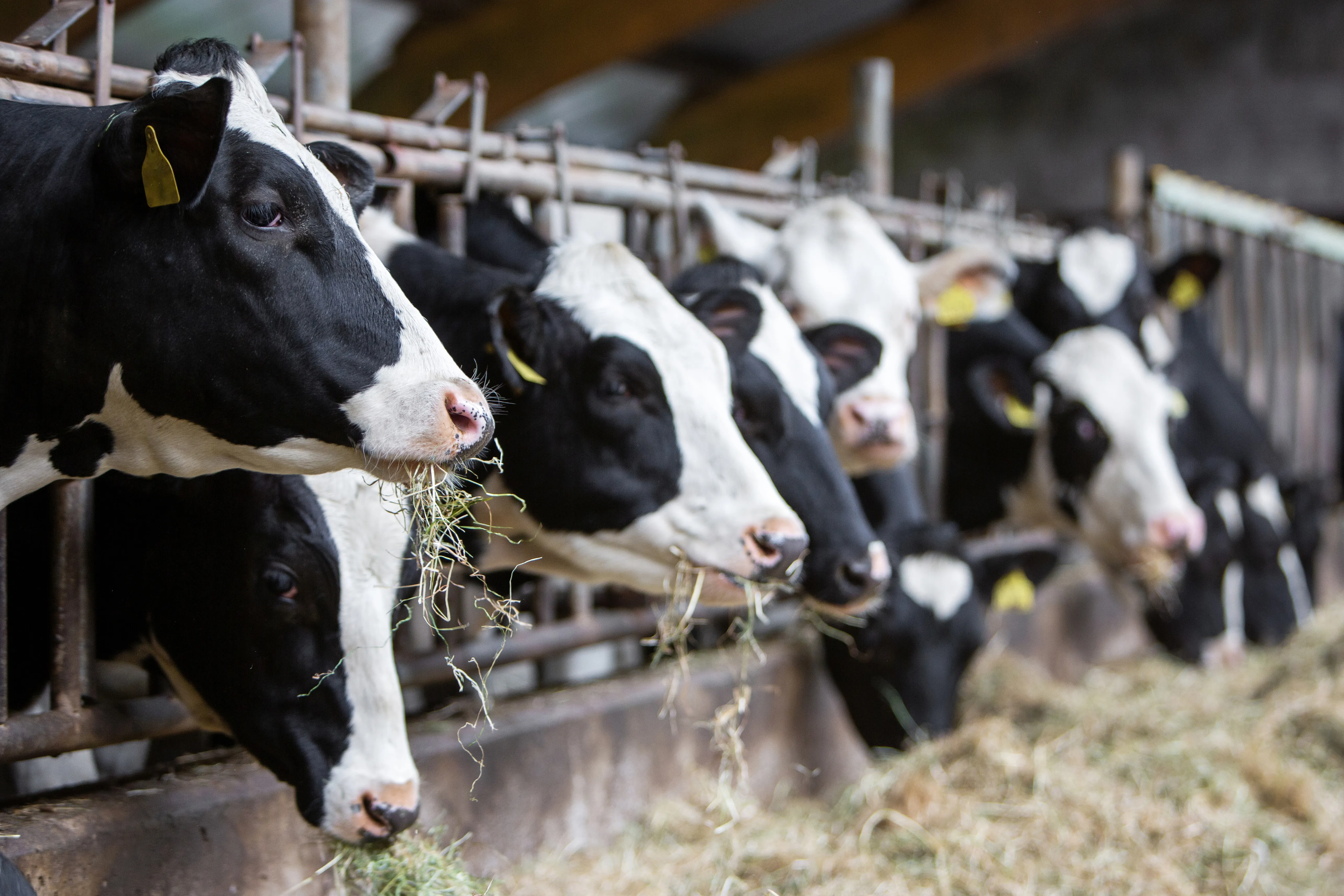
Report: Working class missing in state legislatures
Click play to listen to this article.
(Colorado News Connection) Half of Americans go to work every day in the service industry, doing clerical work or in construction and other manual labor jobs but fewer than 2 percent of state lawmakers have any experience in working-class jobs, according to a new report.
Nicholas Carnes, political scientist at Duke University and co-author of the report, said when a broad section of the workforce is not represented, their concerns can be missed in critical policy decisions. He pointed to the old political saying: "If you're not at the table, you're on the menu."

"If there's a problem facing most lawyers, you can be darn sure the state legislature's going to care about it," Carnes asserted. "But if there's a problem facing working class people, our institutions can miss it when we have so few in office."
Just 1 percent of Republicans, and 2 percent of Democrats in state legislatures came from working class occupations in 2023. The report echoed warnings by Northwestern and Princeton University researchers American democracy has become a plutocracy. While ordinary voters have virtually zero impact on national policies, the decisions are dominated by wealthy individuals and business interests.
Carnes emphasized state legislatures make decisions with significant consequences and if an entire economic class of people are not in the room when policy decisions are being made, it can have a huge effect on the kinds of problems getting addressed, as well as proposed solutions.
"If no one in the room has been on what we used to call food stamps, is the $15 a month reduction a big deal?" Carnes asked. "No, it's not a big deal ... well yeah, it actually is a big deal for some people."
Very few Coloradans can support a family on $44,000 a year, the current salary for state legislators, or take time off work and raise the amount of money needed to run an effective campaign. Carnes believes getting state legislatures to better reflect the population they represent will take some work.
"Democracy's a good thing," Carnes noted. "But this is an unintended side effect of just how burdensome it is to run for office in any setting. And so, we need to think about targeted interventions that will make running for office more accessible to working-class people."
Support for this reporting was provided by The Carnegie Corporation of New York.
















